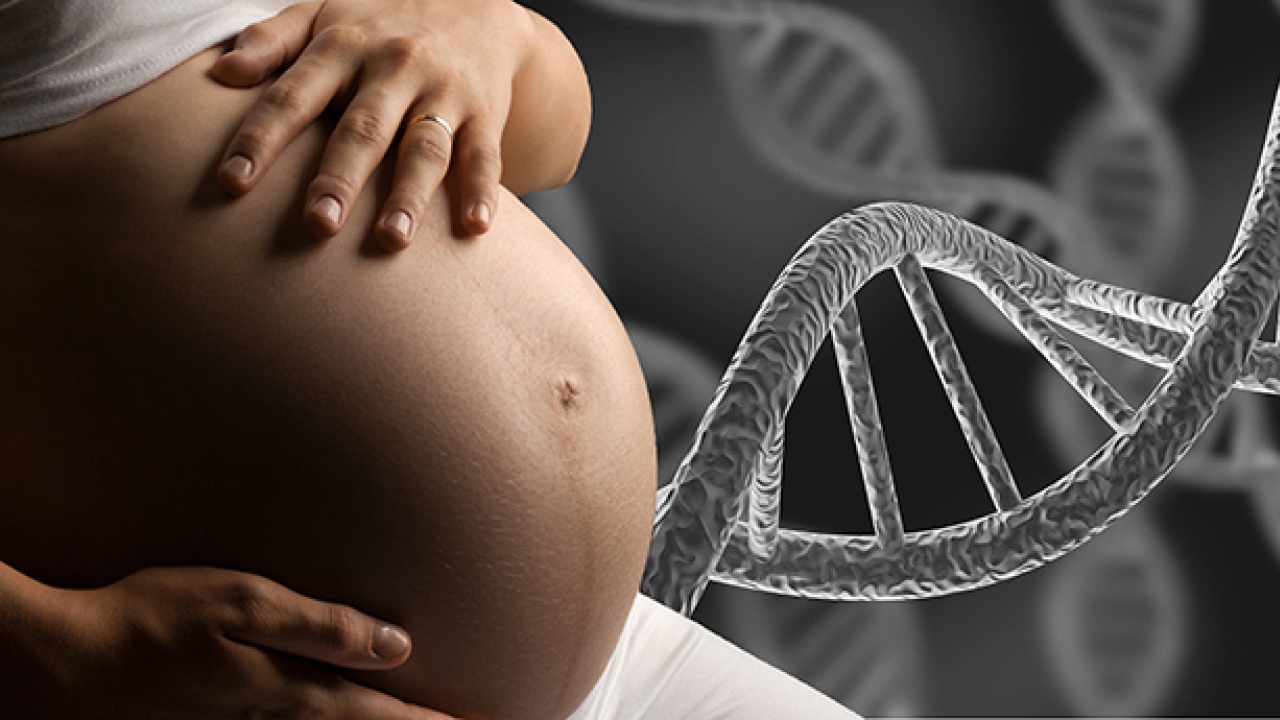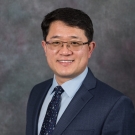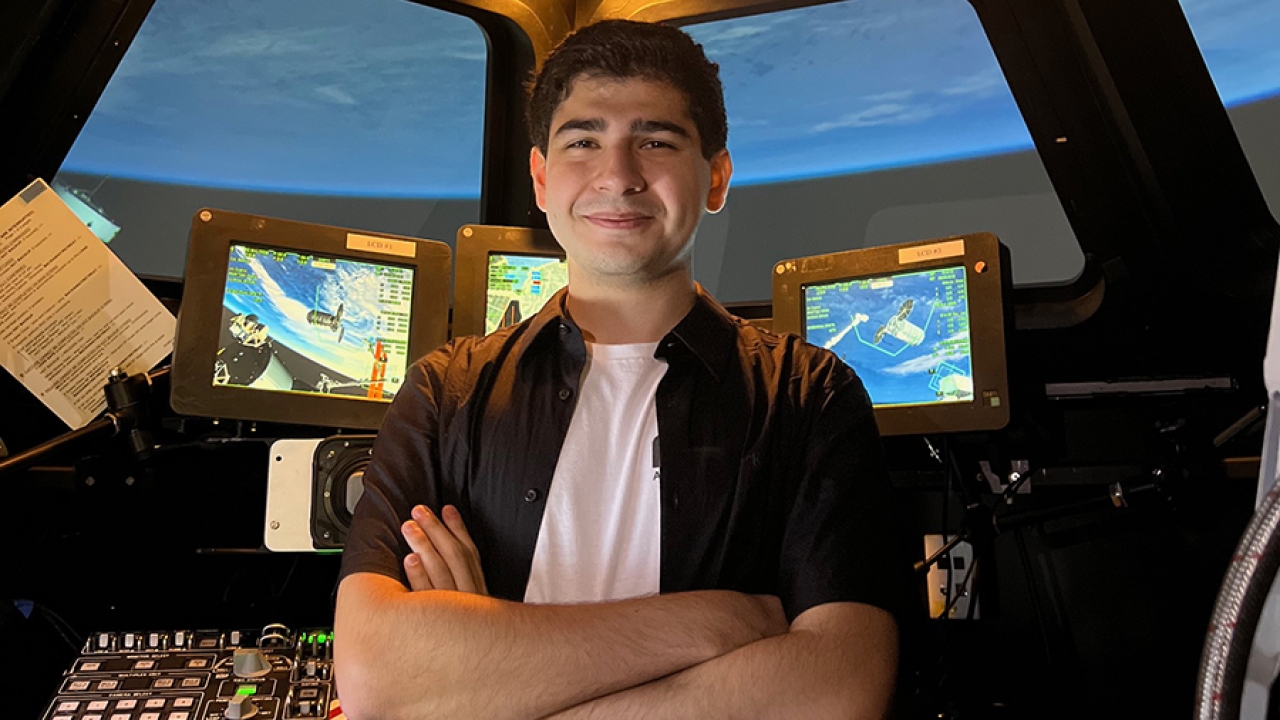
Biomedical Engineer Leads Dream Team Developing In Utero Therapy for Rare Neurological Disorder
Aijun Wang, a professor of biomedical engineering and surgery at UC Davis, is leading an interdisciplinary team of researchers to develop in-utero gene editing technology to fix mutations related to the UBE3A Gene.
Overexpression of this gene contributes to Dup15q syndrome, which affects 1 in 5,000 individuals, and its absence leads to Angelman syndrome. Both syndromes are profound neurodevelopmental conditions that could co-occur with autism, epilepsy and severe intellectual disability.
To design and test a new therapy targeting the UBE3A gene, Wang is working with researchers from the MIND Institute and UC Berkeley’s Murthy Lab, as well as the UC Davis Center for Surgical Bioengineering, where he serves as co-director.
"There is no readily available cure for Dup15q syndrome," Wang said. "Caring for chronically ill children with this condition places a significant emotional and financial burden on their families. The goal of the gene editing therapy we are developing is to one day treat Dup15q in utero so that children are born without the condition."
The project will be funded by a 5-year $3.2 million grant from the National Institutes of Health’s National Institute of Neurological Disorders and Stroke.





